Top 10 Effective Herbal Remedies for Common Ailments: What Really Works?
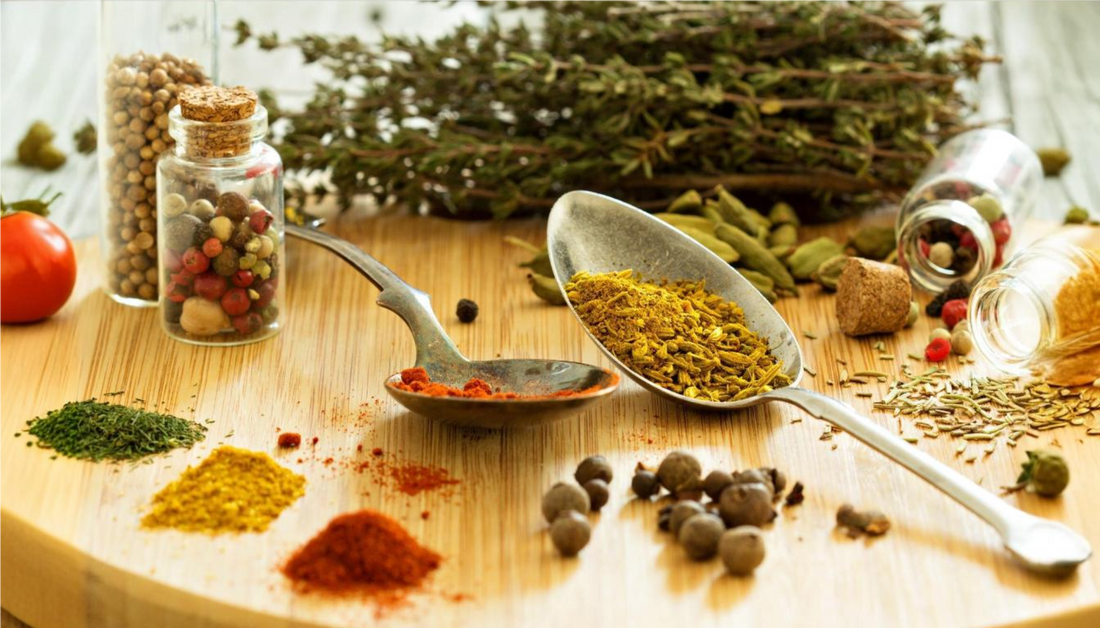
Can herbal remedies actually alleviate common ailments such as colds, headaches, and digestive issues? Of all the traditional herbs, which one is most trusted for its ability to enhance immunity and relieve pain? In what ways do natural remedies like ginger, turmeric, and tulsi differ from conventional treatments? Today, we will discover why herbal remedies are important and how they work.
Generation after generation has depended on home remedies created from local ingredients and flavors for decades. Imagine a kitchen where the flavor of ginger and turmeric fills the air, providing comfort from nature's medicine. Because of their efficiency, cost, and flexibility of usage, these treatments are well-liked throughout the country. By carefully following directions, we preserve the knowledge of our ancestors, who discovered healing within their own homes.
Introduction to Herbal Remedies for Common Diseases: How Do They Work?
Herbal remedies were the heart of medicine for many years, giving people relief from conditions such as inflammation and colds. Many of the treatments derive their roots from traditional wisdom that has been passed down to generations, but not all of them have been proven scientifically. If you grew up in an Indian environment, you have probably used these age-old therapies. India's rich medical history, going back almost three centuries, creates ancient traditions with the richness of nature. Get to explore the ancient home treatments that still work for us today.
However, quality is extremely important because herbal supplements are not as strictly controlled as prescribed medicines. However, remember that certain products contain chemicals that decrease their healing abilities. Make sure to inform the doctor regarding all herbs and supplements you take.
Overview of herbal medicine
Ancient cultures have long practiced herbal medicine, which focuses the use of plants to cure diseases and improve overall condition and well-being. Considering the fact that many herbs include strong active elements, certain medical products are made from these organic compounds, thus they should be used with the same precaution as pharmaceutical drugs. For example, goblin gloves, which is the source of the heart medicine digitalis.
While considering herbal medicines, it is important to speak with a medical professional because they may mix with prescription medicines. Online herbal product purchases should be considered because ungoverned companies could not conform to the safety and quality requirements. Herbal medicine defenders claim that a plant's synthesis is stronger than its individual active elements, while others point out how difficult it is to accurately dose these remedies derived from nature.
Why is it important to rely on evidence-based practices in decision-making and problem-solving?
Evidence-Based Practices Are Important in Herbal Medicines
- Safety and Performance: By limiting the possibility of negative side effects, evidence-based techniques ensure that herbal medicines are both safe and effective through comprehensive research and clinical studies.
- Standardization: Evidence-based practices encourage the consistency of herbal medicines, guaranteeing standardized formulations and dosages for reliable health outcomes.
- Informed Decision-Making: By providing patients with well-supported advice on herbal remedies, medical professionals can create individualized treatment strategies.
- Considering Myths: By properly informing patients about the advantages and drawbacks of herbal medications, evidence-based practice helps reduce misconceptions about them.
Traditional Chinese Medicine has a history of over 3,000 years and focuses on using herbs, according to the ancient texts from The Divine Farmer's Classic of Herbalism. That heritage alone reflects the sense of keeping balance between one's mind, body, and environment for good health.
What are the Common Herbal Remedies in India?
This is a short list of popular herbal treatments in India that is presented in a stimulating way:
- Echinacea (cone flower): It is the one most used to reduce the time and intensity of colds and coughs. Echinacea is also used for the boosting of the body's immunity.
- Turmeric (curcumin): Turmeric is widely used in foods and supplements, and turmeric also exerts anti-allergic and antioxidant activities. Curcumin is used for joint inflammation and digestive improvement, and for skin health as well.
- Ginger: Also used as a tea or in food to prevent colds and as a general health measure; extremely popular for treating vomiting and other gastrointestinal problems.
- The leaves and the seeds of coriander are used both as a medicine and as a food. It is known to help the gut and remove stiffness. It is in most cases used in making tea or as an addition to food.
- Tulasi is an herbal medicine that can enhance the immune system and minimize stress. It can be consumed as tea or in vegetable food items.
- Amla (Indian Gooseberry, Phyllanthus emblica): Contains Vitamin C, supports immune functions and skin health; available fresh, juiced, or powdered.
- Neem (Azadirachta indica): Being antibacterial, neem is good for skin concerns and liver support, taking it in tea or topical application as oil.
- Ashwagandha, or winter cherry: It is an adaptogen that helps to reduce stress and increase energy. It comes in powder or supplements.
According to the European Union Directive 2004/24/EC, herbal remedies must be approved by national regulatory bodies and have at least 30 years of documented usage to guarantee their safety and effectiveness. The directive also establishes strict manufacturing quality standards and aims to standardize guidelines for herbal products.
What are the health benefits and risks associated with using herbal remedies?
Due to a lack of standards in many countries, including India, herbal products can vary greatly in quality and dosage.
1. Some products may contain filler chemicals or harmful substances instead of active compounds.
2. Because of this variation, consumers may be at risk, which emphasizes the importance of purchasing herbs from trustworthy suppliers in India and understanding the significance of evidence-based practices in herbal treatment.
Many herbal supplements are popular, but some may be of low quality and questionable effectiveness, even if the herbs have shown benefits in controlled studies. People often believe that natural products are always safe, but this can lead to side effects and interactions with other medications due to the lack of standardized dosing.
Efficacy of popular herbal remedies
Here is a brief rundown on the effectiveness of many natural medicines:
- Echinacea is commonly used for immune support, reducing cold symptoms, anti-inflammatory issues, wound healing, and promoting skin health appearance, with various forms available including teas and capsules.
- Peppermint tends to calm indigestive disturbances and headache tension, specifically for sleep induction and anxiety relief.
- Garlic also acts to build immunity against illnesses and aids in general circulation. Ginger is highly effective in controlling nausea especially when pregnant and post-operation.
- Ashwagandha will remove the stress effect which enhances moods. Dietary supplements from herbs should be prescribed by a health expert only.
- Honey: Honey can be applied topical and is mostly recommended as a treatment for soothing throat pain or cough. Honey soothes the pain around the throat and possesses natural agents that act like some pharmaceuticals used for over the counter cough medications.
- Turmeric: This contains curcumin, a compound that has known anti-inflammatory and antioxidant properties which prove helpful in arthritis treatment and certain gastrointestinal disorders.
Add these nutrient rich foods in your diet so that your overall health condition and body will become improved, get better physical conditions, and provide some required vitamins and minerals needed in the human body.
Herbal Remedies for Headaches
Some people use herbal remedies to help alleviate their headaches. Among these herbal remedies include peppermint, which serve to relax muscles, help improve circulation, and sometimes reduce the frequency and intensity of migraines. Lastly, ginger can help minimize headache through some inflammation and nausea.
Potential side effects and interactions
- Drug Interactions: The herbal remedy interacts with prescribed drugs to make them ineffective.
- Allergic Reactions: One might be allergic to a specific herb, causing conditions like skin rashes or gastrointestinal discomfort, especially for individuals allergic to the families of related plants.
- Toxicity and Organ Damage: Some herbs can be toxic when taken in high quantities or for extended periods. For example, kava (Piper methysticum) has been linked to liver damage and is associated with the risk of kidney failure.
- The quality of herbal products often lack standardization; this variability may lead to contamination or overdosing, resulting in ineffective treatment or adverse effects.
Using Herbal Remedies Safely
Herbs must come from a credible source; you must first discuss your intent to use herbs with your doctor or medical professional for two reasons: either you have other medical treatments to go along with the herbal remedies or you are a patient with some conditions that need to be considered with treatment.
Consulting healthcare professionals for herbal medicines
- A person has to know potential side effects, possible side effects, as well as known interactions with medications to be used wisely and correctly in order to reduce dangers while providing benefits.
- Medicine professionals may also provide a selection for determining dosages and forms of herbs based on individual health conditions.
- There are also experts who help patients identify the best available herbal products from credible origins, so they are secure and efficient for their purported uses.
Overall, there is an enhanced awareness that comes with seeking professional assistance in using herbal medicine.
Conclusion
For the final analysis, herbal supplements and medicines play a significant role in India’s extensive tradition of natural healing and wellness. This system offers various benefits and is embraced for its holistic approach. However, they must be used responsibly. Consumers should be aware of potential side effects and interactions with conventional medications, making consultation with healthcare professionals important. Quality remains a concern, as products of good quality come from reliable sources; otherwise, they can raise significant issues. With the growing interest in herbal remedies, they can be used safely and effectively if evidence-based practices are promoted. Integrating herbal remedies safely could eventually lead to better health results for Indians.
FAQ’s:
1. What are the most effective herbal remedies for common ailments?The best herbal treatments for common conditions in India are Tulsi (Holy Basil) for respiratory illnesses and Ginger for nausea and digestive problems. Turmeric also finds its usage because it is an anti-inflammatory herb, which helps in several conditions.
2. How do I know if a herbal remedy is safe for me?Check with your healthcare provider about whether a specific herbal remedy is safe for you to use. Look into the information on the herb and its safety profile, recommended dosages, and possible side effects to make informed decisions.
3. Can herbal supplements interact with medications?Yes, herbal supplements react with drugs and even cause deadly side effects. Herbal supplements combined with prescribed and over the counter medicines need to be discussed with a health care provider to ensure the patient does not react to them.
References:
1.Aziz H.A, Peh K.K, Tan Y.T. Solubility of core materials in aqueous polymeric solution effect on microencapsulation of curcumin. Drug Dev Ind Pharm. 2007;33(11):1263–72. [PubMed]
2. Baba M, Shigeta S. Antiviral activity of glycyrrhizen against Varicella zoster virus in vitro. Antiviral Res. 1987;7:99–107. [PubMed]
3. Basch E, Ulbricht C, Basch S, et al., editors. An evidence-based systemic review of Echinacea (E. angustifolia DC, E. pallida, E. purpurea) by the natural standard research collaboration. J Herb Pharmacother. 2005;5(2):57–88. [PubMed]
No comments










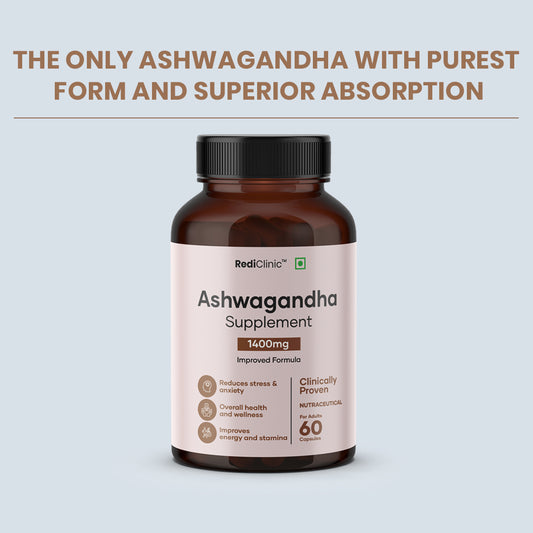
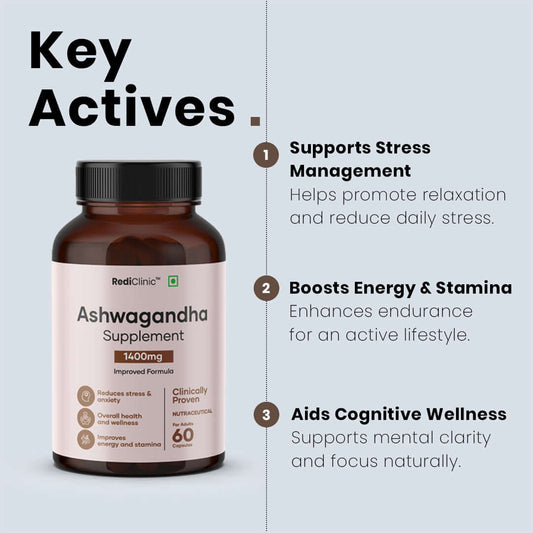
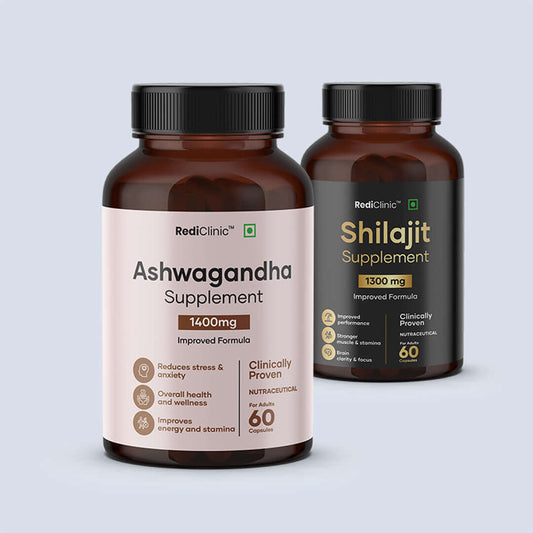
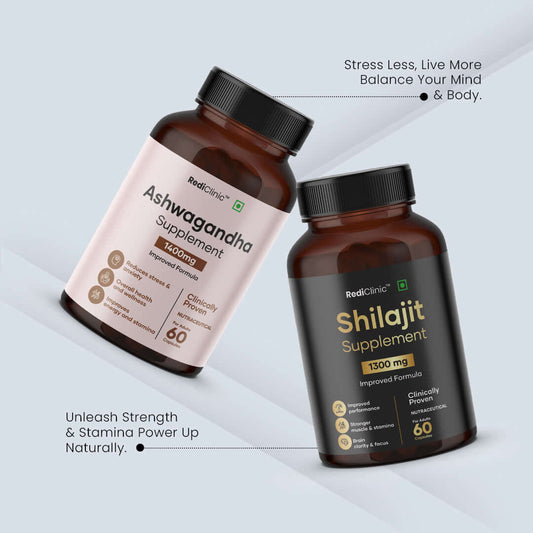



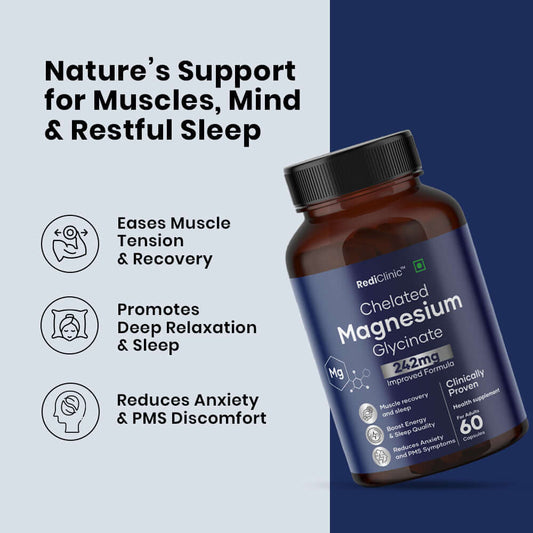


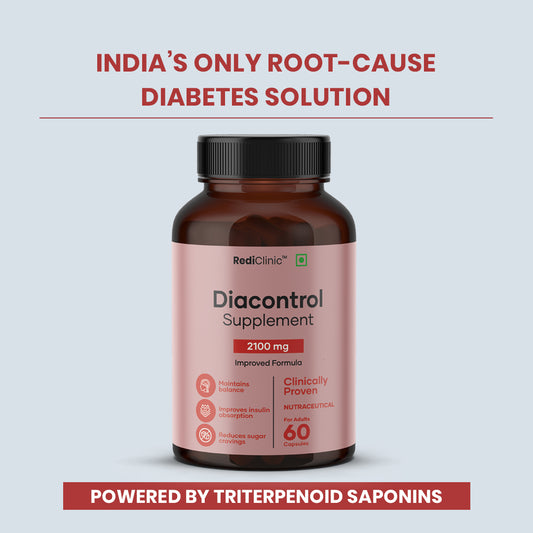
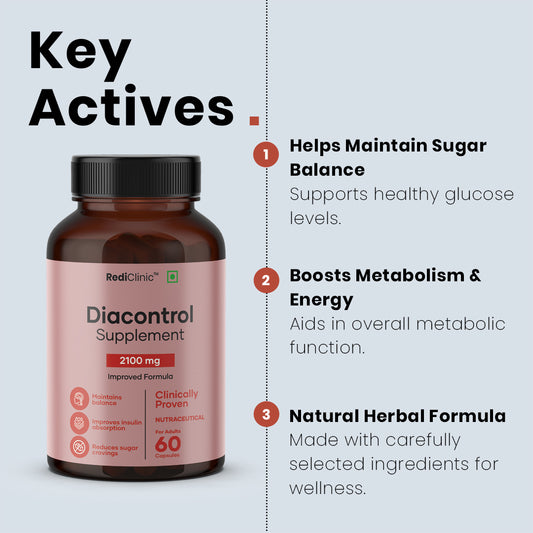
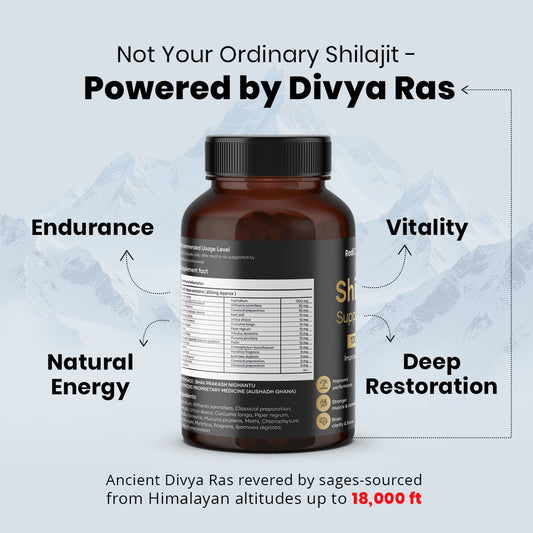
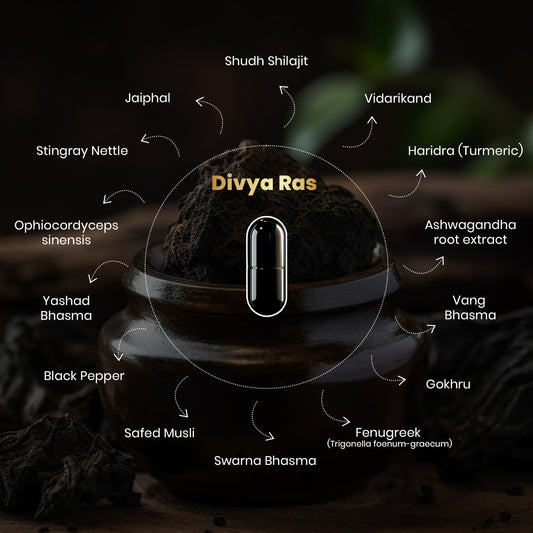


0 comments